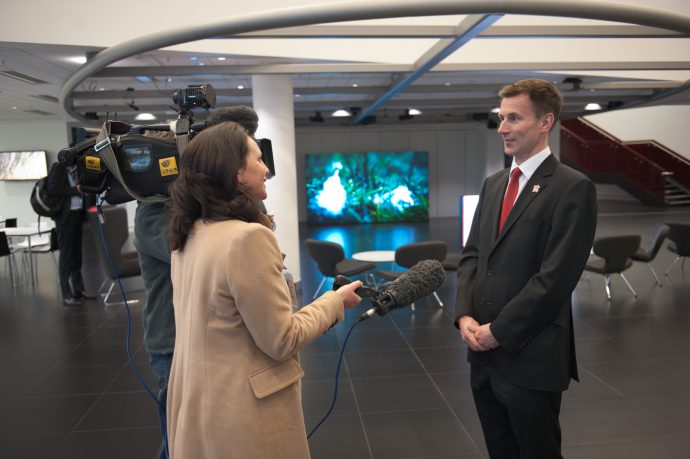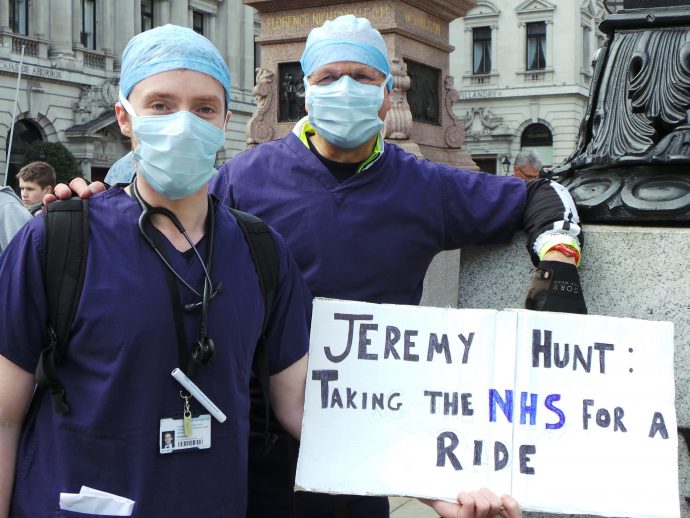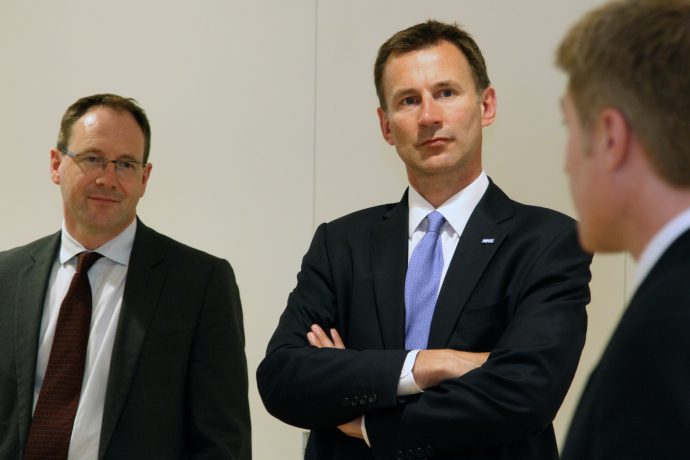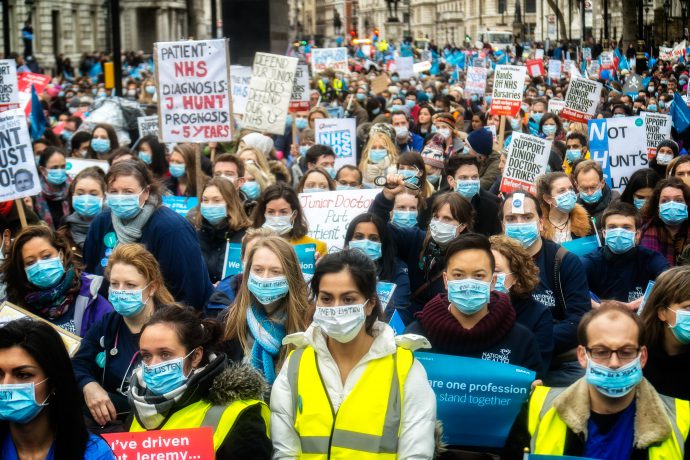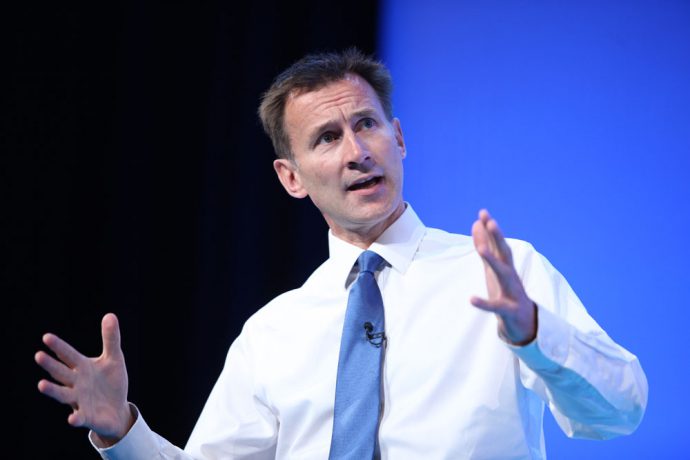What I’ve been reading this month
There seems to be a bit of a trend at the moment for people writing little blog posts each month talking briefly about books they have been reading. I always enjoy reading these posts, and often pick up interesting book recommendations from them – so here’s my own attempt for May.
Amanda Ripley’s The Unthinkable is a book about disasters, like plane crashes or hotel fires, profiling those who survive. It’s a bit heavy-handed with emotional anecdotes and fairly vague theories of what makes a “survivor”, but I really enjoyed it nonetheless. It offers some genuine and unexpected insights, and makes a compelling argument for Governments and officials to worry less about public panic. (Amazon | Goodreads)
A lot of my friends have previously read and recommended Jon Ronson’s So You’ve Been Publicly Shamed, but I’ve held off until now. This is a book profiling the rise of “public shaming” in the context of social media. There’s been so much written about ‘cyber-bullying’ and the perils of social media that I thought I’d struggle to get through a whole book regurgitating the same stuff. I should have known better. Like most of Jon Ronson’s writing, it’s really about people and the human condition, but viewed through the lens of a particular topic. As always, Jon Ronson brings interesting fresh perspective and insight to the topic by approaching it on the human level. Like most of my friends – I found it eye-opening and totally absorbing. (Amazon | Goodreads)
On that basis, I also read Jon Ronson’s The Psychopath Test this month. Jon Ronson’s book about psychiatry and psychiatric services is another I’ve avoided for a long time: I was put off by the title, which suggested to me that the book was going to be very light-touch on science. Disappointingly, I was right. I enjoyed reading the stories, but extremes were too often discussed as though they were reflective of norms. I think many people would come away from reading this book with a very distorted view of psychiatry, which is a bit of a shame. The particular cases discussed are, though, very engaging. (Amazon | Goodreads)
I’ve always enjoyed Malcolm Gladwell’s columns, but have never quite got round to reading his books. So this month, I thought I’d try Blink: The Power of Thinking Without Thinking, Malcolm Gladwell’s book about the power of snap decisions taken within two seconds. I was a bit disappointed. It was weirdly superficial and inconsistent: the main message seemed to be that snap judgements based on training and experience are often right (except when they’re wrong), and that those based on emotion and prejudice are often wrong (except when they’re right). There’s no denying that Malcolm Gladwell writes fantastic prose, but – to my mind – this book just didn’t hang together as a coherent whole. (Amazon | Goodreads)
William Boyd’s Booker-prize nominated Any Human Heart didn’t do much for me – given the esteem within which Any Human Heart is held by many, this may say more about me than the book. I just found most of it dull, and the narrator deeply unlikeable. But then, I rarely enjoy this sort of historical fiction, so maybe I should have known to give this one a miss. (Amazon | Goodreads)
I’ve been reading Jo Nesbo’s series of Harry Hole books this year, and this month reached The Redbreast. This is the third in the series, and the first in the famed Oslo Sequence of books (the first two were set in Australia and Thailand respectively). Harry Hole is the classic troubled police officer with unorthodox methods. In The Redbreast, he attempts to prevent an assassination attempt which has its roots in the Second World War. This was a really gripping, page-turning read – and a big step up in clarity and pace from the first two in the series. I really enjoyed this. (Amazon | Goodreads)
This post was filed under: What I've Been Reading.


